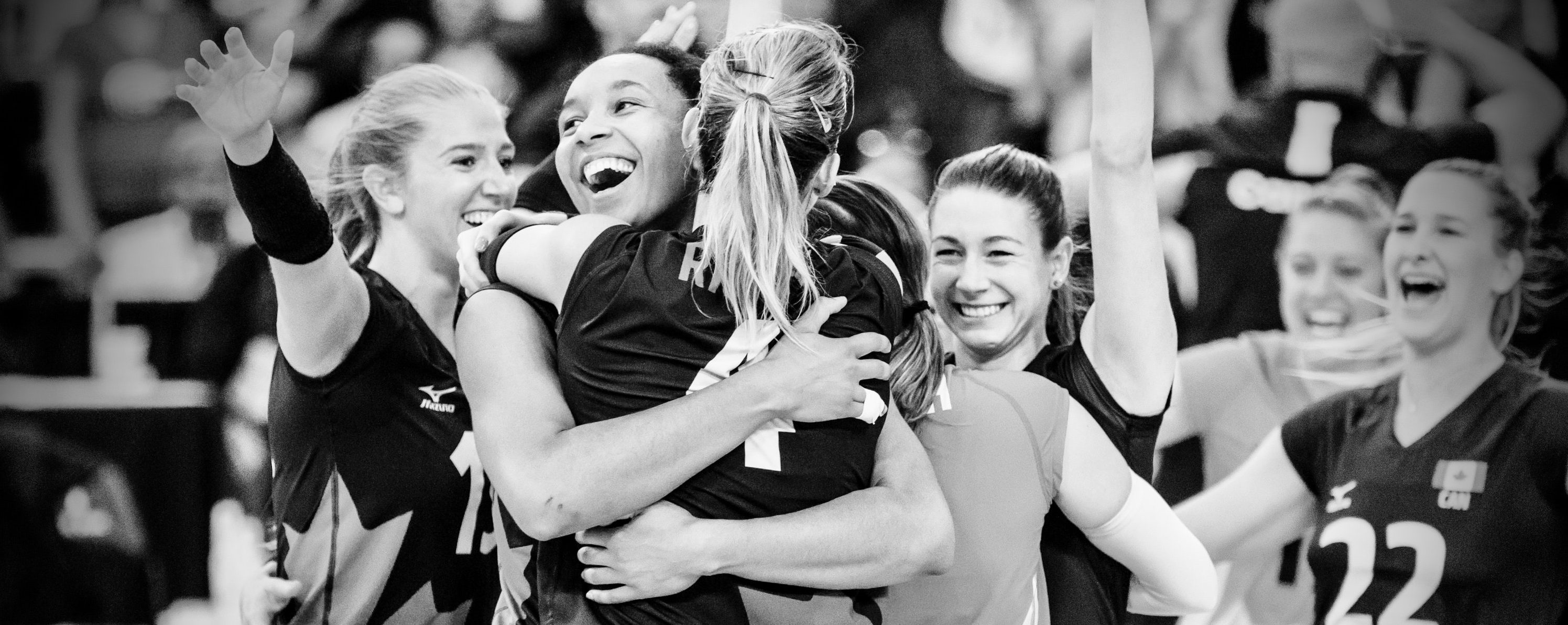I got an email from a friend this week: “My daughter asked me what makes someone popular. I’m stumped — any ideas?”
I too was stumped at first. While it’s seemingly such a simple question, it’s actually incredibly complex for two reasons: how does one measure something so intangible as popularity? how do we wade through our own pasts in order to give a productive answer to our children? Utter the word “popular” to adults and they could tell you story after story related to their own experiences, some good and some bad, that have stayed with them for decades. So how do we, as adults, move past our own narratives in order to have a constructive conversation with our kids on such a weighty subject?
In this case, I had the luxury of sitting with the the question for a few days before I came back with a response to my friend. Much of the approach below is modeled on a guide my colleagues at Dynamo Girl have developed for helping parents have complicated conversations with their kids about things like puberty, sex, drugs and alcohol. However, the approach works remarkably well here even on a more amorphous social topic like popularity, because it follows the same principle: start by asking your kid her thoughts, not telling her what you think.
At the outset, it is critical that we find out where our kid’s question is coming from and not assume we know the source of the inquiry, because we could be completely off-base. The perfect example of this is when my colleague’s son asked her how babies were made and she launched into a long lecture on reproduction, but her kid was really just trying to figure out if their dog was his biological brother. So when my child asks me, “What makes someone popular?” My first step is to ask her: “What made you think of that question?” Her answer will give me my first clue as to the source of what she’s grappling with.
Once I’ve established where her question is coming from, I also want to understand her definition of popular, because her definition tells me two things: more color on what’s troubling her and whether the two of us are working off of a shared definition for the term. So I could ask her something like: “How would you define the word popular? I want to make sure we’re talking about the same thing.”
Once we’ve established some common language and an understanding of where her question is coming from, we can begin to dive into the issue. The temptation, particularly if it’s a topic about which I feel emotional or conflicted, is to lecture my child with my opinion or even dive into my own past. I will resist the temptation to do that. My goal here is to begin to give my kid the tools to consider these kinds of sticky social questions not to unload my own memories or opinions. So I’m not going to tell, I’m going to ask, and I’m not going to assume all of her associations are negative. Therefore my next questions might sound something like: “Are there aspects of popularity that seem positive to you? Are there aspects of popularity that trouble you?” Once I’ve helped her wade through the seaweed of her ideas, I’ll try circling back to ask: “Do you have some thoughts on what makes people popular?”
Notice, that I haven’t actually told her anything yet. I haven’t given my opinion. I haven’t shared my own personal narrative. So far, I have simply asked my kid a series of questions to better understand her situation and clarify her own thinking. Now, if she’s still with me and hasn’t wandered out of the kitchen, I can begin to share my own thoughts. And no, I did not say, I will now dump all my baggage on my kid. If she’s struggling with a social issue, the last thing my kid needs is to struggle with my crap too. I am here to help unburden her, not add to her burden.
Below are some points I came up with in response to my friend’s email of how I might have answered the question to my own kid focusing mainly on how to insert my values into the conversation without overloading it with judgement or negativity. I also wanted to emphasize how complicated and ever-shifting the topic can be so that it gave room for a kid’s relationship to the concept to evolve. I specifically did not want to diminish how big or important this issue feels to her even, if I’m at a point in my life where I’ve been able to move past it. And finally, I end this and hopefully every other conversation with my kids with two points: I am always a resource for them and I love them no matter what.
Here we go. Popularity 101.
Popularity is complicated because it is so hard to measure and because different things make people popular at different times in our lives. When we’re little someone might be popular because he has really fun toys and later on, because he’s good at sports, or someone might be popular because she brings good snacks to school or later on, because she’s pretty. Popularity is something that shifts and changes over time and some of the things that can make people popular are great characteristics like a good sense of humor, friendliness and creativity and some of the things are more superficial qualities like having cool clothes or a huge house or being attractive. It can be hard for us to see people become popular because of how they look on the outside or have social influence in school because they put other people down. That can leave us wondering why adults keep telling us to be kind when being kind doesn’t seem to help our social standing, or why our parents always say it doesn’t matter what we look like on the outside, when very clearly what we look like does matter to our peers. That’s the heart of what makes popularity so confusing — often the people who are most popular look or act in ways that conflict with what we’re hearing from the adults in our lives about what really matters.
It’s our job as parents to help you look at life as a long game in which certain qualities that feel important in the moment don’t necessarily help us become the people we want to be down the road. Our goal is to help you be someone who is well-liked because of who you are on the inside and the good ways in which you treat people, not to be popular because of how you look on the outside or how you calculate social interactions to your own advantage. Life has taught me that ultimately, being a good person who is true to herself will attract the types of people who bring me joy and fulfillment. Right now, that doesn’t necessarily sound exciting or what you want to hear and it may not really help the hurt you might be feeling in this very moment. Maybe what I said it won’t feel relevant tomorrow or next week, but over time it might start to make more sense. I truly believe that if you are authentic to yourself and what you love, that inner light of authenticity will ultimately make you more appreciated and valued by those around you.
I know these are a lot of complicated ideas and I don’t expect them to change everything in an instant. Just remember: you can come talk to me about this anytime you want because it can be a really hard issue to navigate and it can feel lonely and baffling a lot of the time. I am here to remind you that you’re not alone in wondering about this confusing topic and that no matter what happens, I love you.







